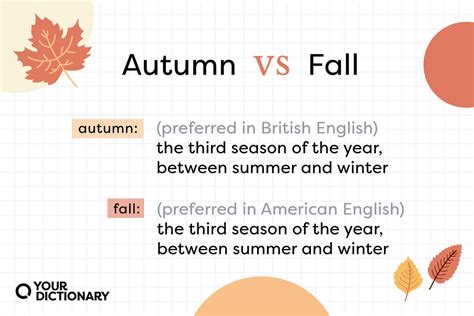Language is more than a means of communication; it reflects the cultural nuances and historical backgrounds of its speakers. The ongoing discussion in the comments section about using ‘fall’ versus ‘autumn’ sheds light on how language evolves and diverges across different English-speaking regions. While ‘autumn’ might be the preferred term in British English, ‘fall’ remains prominent in American English, showcasing the rich diversity within the language itself.
The debate extends beyond mere linguistic differences, delving into the broader implications of language choices on a global scale. As one user aptly pointed out, America’s status as a major superpower brings with it a certain level of responsibility in considering a worldwide audience. The comparison to Rome highlights the far-reaching impact of American culture and media, emphasizing the need for awareness and sensitivity in linguistic choices.
Moreover, the discourse on language reflects deep-rooted stereotypes and cultural perceptions. The contrasting views on the French and German languages, intertwined with historical contexts, offer a glimpse into how language can carry layers of meaning and symbolism. The user discussions expose the complexity of linguistic debates, intertwining history, culture, and societal influences in shaping our vocabulary and expressions.
Beyond the linguistic debate, the comments touch upon broader issues of cultural awareness and international perspectives. The observations on American travel habits and geographic isolation shed light on the intricacies of cultural exchange and global engagement. While some users highlight the insularity of certain American mindsets, others emphasize the importance of understanding diverse perspectives and fostering curiosity about the world at large.
In essence, the conversation surrounding ‘fall’ and ‘autumn’ serves as a microcosm of broader discussions on language, culture, and global influence. By delving into the nuances of linguistic preferences and the societal implications of language choices, we gain valuable insights into the intricate tapestry of human communication. As language continues to evolve and adapt to changing societal dynamics, understanding these intricacies becomes crucial in fostering cross-cultural understanding and appreciation.


Leave a Reply